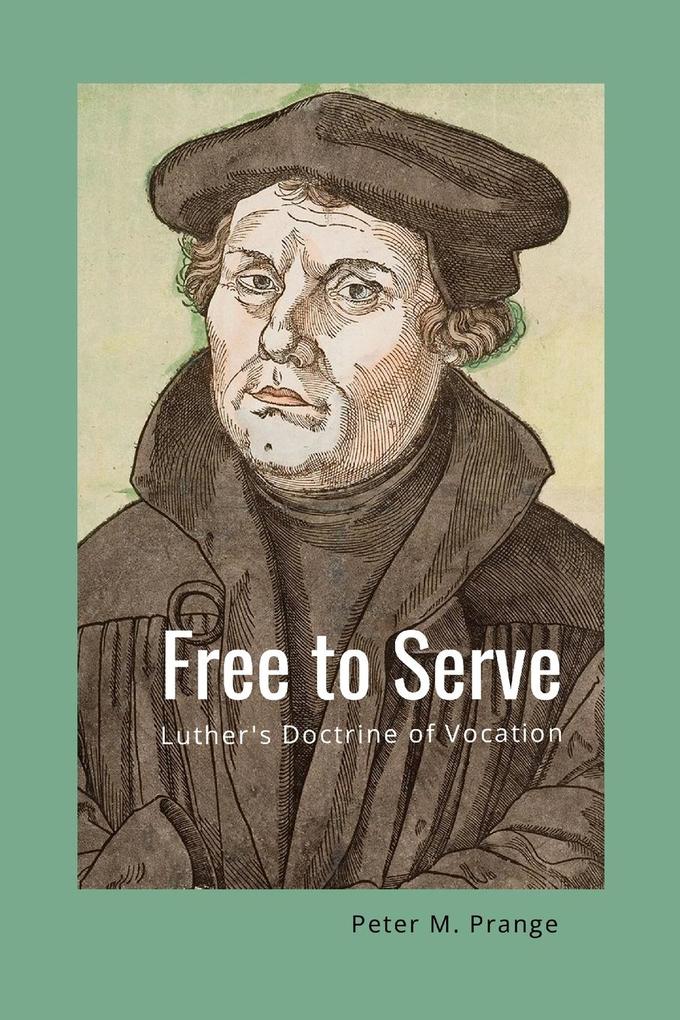
Zustellung: Mi, 16.07. - Mo, 21.07.
Versand in 2 Wochen
VersandkostenfreiBestellen & in Filiale abholen:
In the midst of his spiritual anguish, Martin Luther discovered a profound truth that was completely new to him. Since Jesus had already secured a place in heaven for him, he was no longer bound to earn God's forgiveness and favor. Instead, Jesus had called him to be bound to his neighbors in love. More than that, he wanted Luther to see that his neighbors' needs provided his life with a daily and never-ceasing divine purpose.
The same holds true for every Christian. Everything we do to supply our neighbors' needs - in every walk of life, whether big or small, easy or hard - is a truly good and religious work, even when the world takes no notice. Fulfilling simple tasks for others makes our lives truly God-pleasing because we're doing what he created us to do rather than inventing our own ways to please him. "Therefore, it happens," Luther later concluded, "that [when] a pious maid does what she is ordered and according to her office sweeps the yard or carries out the manure, or a servant in the same way plows and drives a team - they are walking straight toward heaven on the right road" (AE 75:355).
The intention of this brief volume is to explore and summarize what Luther discovered and taught about the doctrine of vocation so that readers can apply these important lessons to their own lives, find comfort, confidence, and purpose in their very unique and necessary callings from God, and rejoice in the fact that they are free to serve in Christ.
The same holds true for every Christian. Everything we do to supply our neighbors' needs - in every walk of life, whether big or small, easy or hard - is a truly good and religious work, even when the world takes no notice. Fulfilling simple tasks for others makes our lives truly God-pleasing because we're doing what he created us to do rather than inventing our own ways to please him. "Therefore, it happens," Luther later concluded, "that [when] a pious maid does what she is ordered and according to her office sweeps the yard or carries out the manure, or a servant in the same way plows and drives a team - they are walking straight toward heaven on the right road" (AE 75:355).
The intention of this brief volume is to explore and summarize what Luther discovered and taught about the doctrine of vocation so that readers can apply these important lessons to their own lives, find comfort, confidence, and purpose in their very unique and necessary callings from God, and rejoice in the fact that they are free to serve in Christ.
Produktdetails
Erscheinungsdatum
20. September 2023
Sprache
englisch
Seitenanzahl
188
Autor/Autorin
Peter M Prange
Verlag/Hersteller
Produktart
kartoniert
Gewicht
282 g
Größe (L/B/H)
229/152/10 mm
ISBN
9781312093478
Bewertungen
0 Bewertungen
Es wurden noch keine Bewertungen abgegeben. Schreiben Sie die erste Bewertung zu "Free to Serve" und helfen Sie damit anderen bei der Kaufentscheidung.









